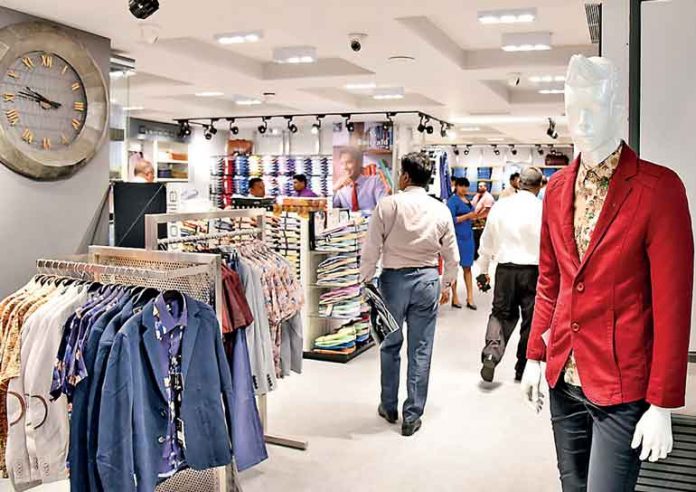The retail industry which constitutes 23% of the country’s GDP has been hit hard by the ongoing forex crisis and it urged the Government to resolve the issue fast before putting thousands of jobs at risk.
In a statement, Sri Lanka Retailers’ Association (SLRA) said the wider ecosystem of employees, suppliers, farmers and consumers of Sri Lanka impacted by the ongoing crisis are pushing businesses to the brink of collapse.
The retail industry has been under tremendous pressure to deliver during the past one-and-a-half years, mainly owing to closures and disruptions due to the pandemic.
The situation has been exacerbated since mid-2021 due to increasing pressure on imports, which has been a core requirement for many retail businesses.
The retail industry in Sri Lanka plays a vital role in the country’s economy and it is pertinent to note that the national retail sales in Sri Lanka are approximately $ 13 billion. As a growing industry over the past years, it accounts for about 23% of the country’s GDP.
This industry also represents 14% of the labour market, with more than 1,100,000 people being employed within this sector in Sri Lanka. Additionally, the overall retail industry contributes significantly to the economic value chain of the country in many ways.
The current forex crisis and the resultant import restrictions have pushed many of these businesses to the brink of collapse.
Consumer durables, clothing and related industries are a case in point where there have been product shortages regularly due to the inability to gather adequate foreign exchange through the banks to fund imports and fulfill local requirements.
The situation is moving from bad to worse, with many large entities struggling to keep their branches and facilities open due to a lack of goods for sale. If this continues, it is likely to result in the closure of stores, severely impacting the livelihood of many directly and indirectly dependent on these businesses.
This could eventually lead to significant job losses and impact the local economy and result in wider social issues.
Retail is an integral part of the tourism industry and building Sri Lanka as a destination of choice.’ Notwithstanding, the business losses to thousands of retailers and the affiliated industries such as rental properties currently occupied by these entities, logistics and related businesses providing infrastructure support to several others, such as advertising to service affiliates, would be hard-pressed to survive given the sudden drop in volumes.
Education and communication are another two key industries that have been impacted by the forex crisis and they too require essential products including computers and communication equipment, which could end up beyond the means of the average citizen both due to the short supply of these goods and increasing cost of imports.
As an industry that contributes heavily with over 25% of GDP and large numbers in employment, a preferred status should be accorded to facilitate forex requirements through the banking sector. This would be of national importance given the magnitude of the industry and its contribution toward the overall wellbeing of the economy.
